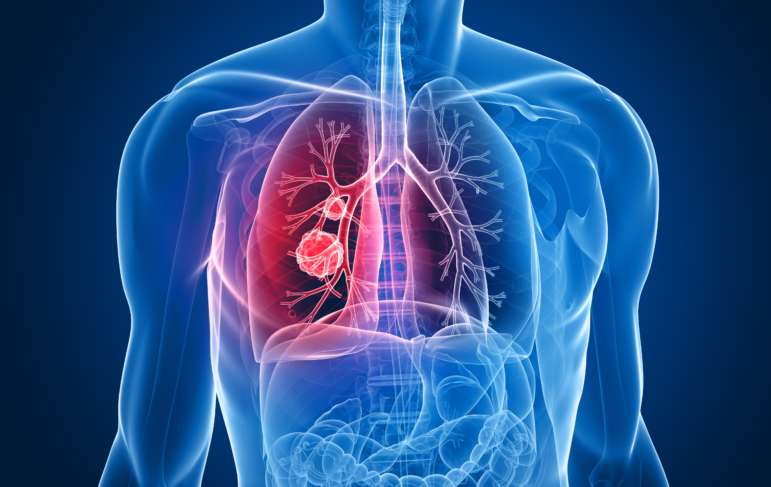Mesothelioma Awareness Month 2022
September is Mesothelioma Awareness Month. Mesothelioma is a rare cancer of the mesothelium, which is a thin membrane that lines different areas of the body. The four types of mesothelioma include: pleural, peritoneal, pericardial, and vaginalis testis which affect the linings of the lungs, abdomen, heart, and testicles respectively. There are also different cell types of mesothelioma, which affect the disease’s aggressiveness and resistance to treatment. Epithelioid is the most common cell type, making up 50 to 70 percent of all cases. It is the least aggressive and most receptive to treatment. Sarcomatoid is the second distinct type, which is the most aggressive and least receptive to treatment. Biphasic mesothelioma is a combination of both epithelioid and sarcomatoid.
The primary cause of mesothelioma is exposure to asbestos. Asbestos is a carcinogenic mineral that is made up of microscopic fibers. When the fibers become airborne, they are easily inhaled and then become lodged in human tissue. Once the indestructible fibers become lodged in the mesothelium, the body cannot break them down or remove them. The fibers then cause DNA changes in cells, which then turn into cancer cells. The cancer cells grow out of control and turn into mesothelioma tumors, which can then spread throughout the body.
There are many different symptoms related to mesothelioma. Pleural mesothelioma, the most common type, can cause weight loss, fatigue, night sweats, chest or rib pain, shortness of breath, persistent cough or wheezing, fluid around the lungs, lumps under skin in the chest area, and difficulty swallowing. Symptoms of peritoneal mesothelioma include nausea or vomiting, weight loss, sweating or fever, fluid accumulation in the abdomen, fatigue, anemia, diarrhea, constipation, other changes in bowels, and lumps under the skin on the abdomen. If you believe you were exposed to asbestos and are experiencing these symptoms, make an appointment to speak with a doctor.
Mesothelioma is a cancer with a poor prognosis. The typical survival is between four and eighteen months after diagnosis. Survival can depend on a number of factors including cell type (sarcomatoid, epithelioid, or biphasic), location of mesothelioma, how much the cancer has progressed, how much the cancer has spread, and how the patient’s health is overall. Currently, the five-year survival is 10 percent. (10 percent of people are still alive after five years). While this is low, it is higher than it was ten years ago and much higher than 20 years ago. Early detection and treatment are key to a longer survival with mesothelioma. Treatment also improves symptoms, so patients can live more comfortably after being diagnosed with mesothelioma. As treatments move forward and become more advanced, patient survival will continue to improve.
Were you diagnosed with mesothelioma or lung cancer? Contact us today to see if you could be entitled to compensation. Call 1-800-COMPLEX or fill out our contact form and a member of our team will get back to you as soon as possible.




